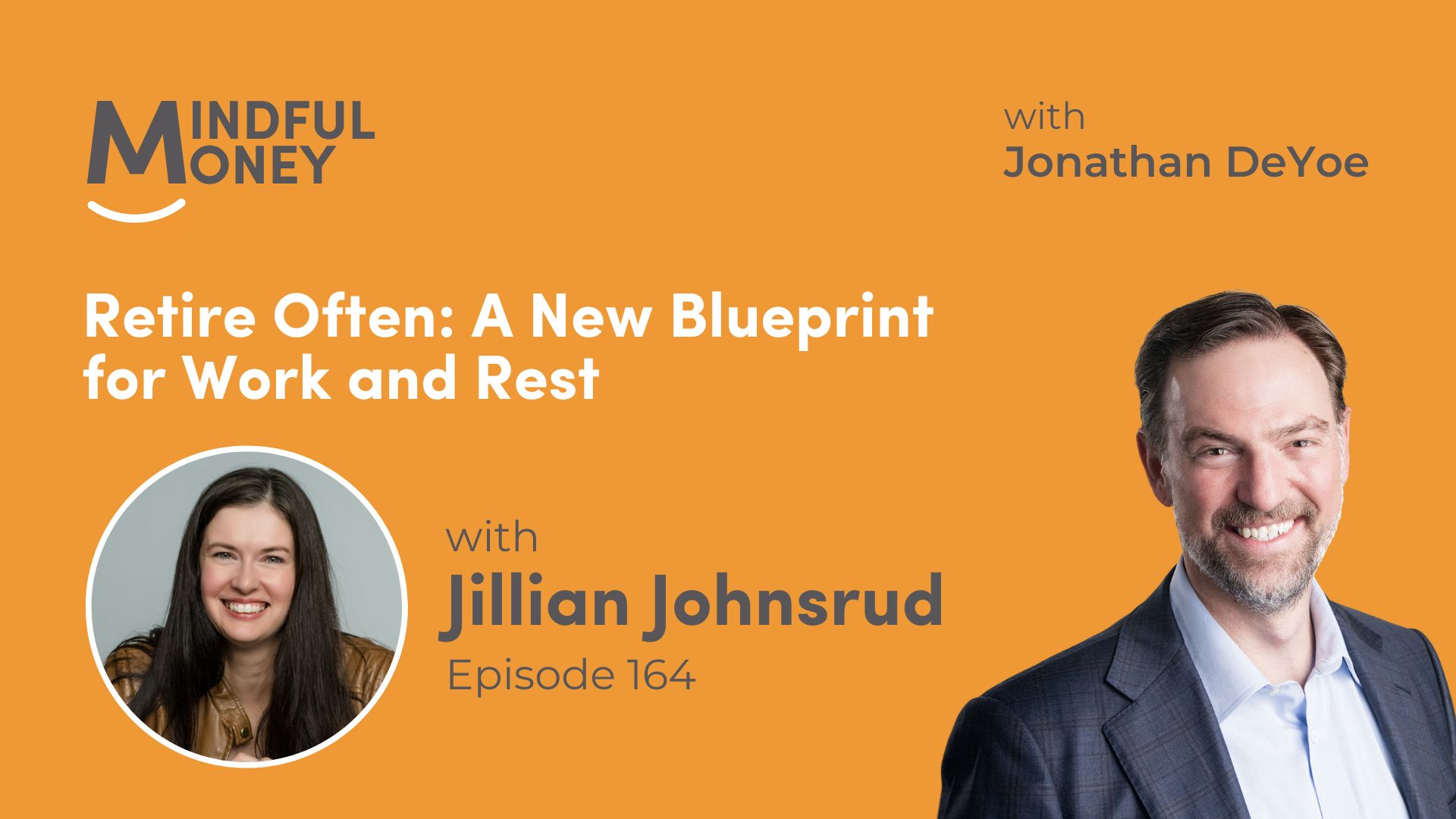Age demographics are shifting. People are living longer than ever before, and we’re stressing our global health and retirement systems as a result.
When Social Security was designed, you worked for 40 years, retired, and then died 5 years later on average. The money you paid into the program went on to support those who lived a really long time… all the way to 73 or 74. (I know, not what you were expecting.)
What will happen to public resources and to our own personal savings when we live to 100?
We’re absolutely not ready for this outcome.
According to the US Census Bureau, the fastest-growing age demographic today is the 65+ cohort. Of this cohort, the fastest-growing segment is those aged 80+.
This “oldest old” grouping is growing at twice the rate of the “youngest old” (65-74). In fact, it’s estimated that the oldest old grouping will reach 20 million individuals by 2050 (right about the time I turn 80).
Okay, we’re getting a lot older… so what?
The Problem With Longer Life Expectancies
My own story will paint the picture a tad more clearly.
I entered the adult workforce when I was 25 years old. (I got a late start because I went to college and graduate school.) I didn’t get serious about saving money for at least 5 years after that (around age 30).
My career plans look like this…
I intend to work really hard until I’m 60, and then a little less hard for 5-10 years after that. So that’s 30 years of productive work and savings, plus 5-10 more years of income for living expenses (so I can postpone distributions from my portfolios). Then, when I’m around age 70 or so, I’ll have 20-30 years left to live off of Social Security, income from investments, and my pension. (Wait… I don’t have a pension! That is not funny.)
So, I will basically have 30 years of working and investing, to support 30 years of retirement.
And, just in case you don’t know how time works… the retirement years come after the working years. By the time I retire, life will be much more expensive (both because my tastes will be more expensive, and because every individual thing will be more expensive due to inflation).
How the hell is that supposed to work?
Save, Save, Save… And Save Some More
Saving for retirement is like prepping for the finals. You must decide right here and now that you’ll do whatever it takes to accomplish your goal and save for the future. You must put forth the effort and prepare to run your retirement race just as any athlete would.
There’s no time for “maybe I will” or “it’d be nice if I could.” No. You must save an incredible sum while you’re working and productive… there is no other choice.
And, I hate to break it to you, but you’ll never have enough if you leave all your money in a traditional savings account, money market, or CD – especially at today’s <1% interest rates. You must invest your savings in something that has historically outpaced inflation (and a savings account never brings that kind of return).
The type of returns you need can only come from “equity ownership” – investing in companies or in buildings. Why? Because equity is the only type of investment that’s historically produced 8% to 10% average returns over long periods of time.
Yet, despite these historic returns, over 50% of Americans are letting fear hold them back from investing in the stock market. Why? Because they’ve been fed horror stories about market crashes, bull markets, economic downturns, and everything else. These stories are enough to make anyone hesitate.
But I’m here to tell you there’s a better way. Investing in the stock market doesn’t have to mean sleepless nights, huge losses and constant anxiety.
Take the mindful (somewhat boring) approach to investing, and you’ll accomplish your savings goals without losing sleep at night. It’s a tried and true method that I encourage all my clients to use.
How Much Should You Save For Retirement?
Okay, so you’re on board with investing, but how much should you save every month?
I recommend saving a percentage of each and every paycheck, rather than a set amount. Unless you’re salaried, your income probably varies from month to month. By saving a set percent, you don’t feel pressured to hit a particular dollar amount when money gets tight, and you can easily save more when the money’s flowing free.
The exact percentage you should save varies based on your age, how much you already have saved, and your current financial obligations (i.e. how much extra room you have in your budget).
I’ve personally been saving since I was 30, so I’m comfortable setting my savings at 20% of my income (before tax). Roughly half of that is in tax-deferred accounts. And, I have invested 90% of my savings in broadly diversified global equities.
If I’d started very young (say, early 20s), I might be comfortable with 10% to 15% savings. And, if I’d waited until 45, then I’d want to save 25% to 30% to make up for lost time.
What are you doing now… just in case you live to 100?
I’m personally doing everything I can to prepare for a long and happy retirement… I hope you’re doing the same.





